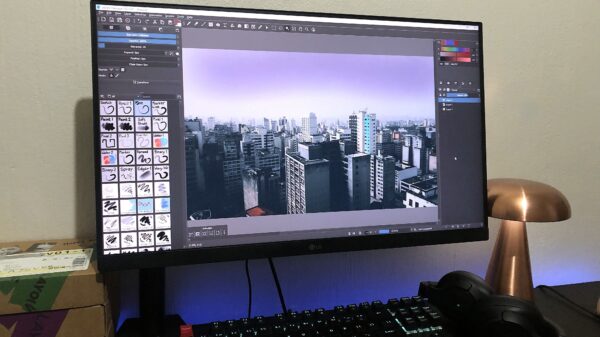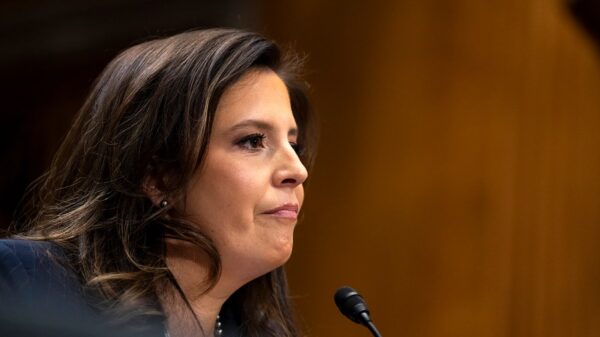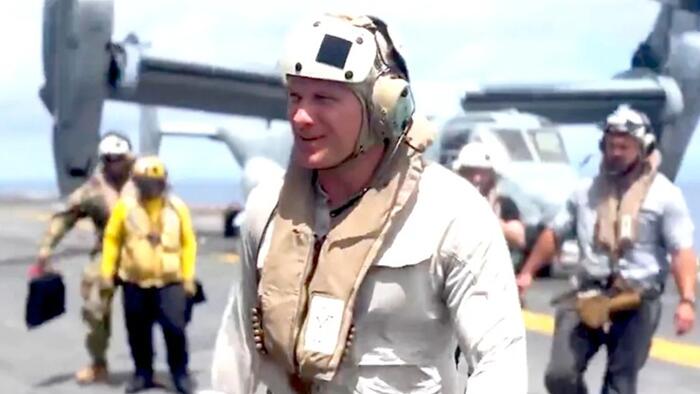U.S. Secretary of War Pete Hegseth and senior officials from the Pentagon conducted an unannounced visit to U.S. Marines stationed in the Caribbean and Puerto Rico on September 8, 2025. The visit comes amid a significant military buildup aimed at addressing threats posed by Venezuelan cartels, which the U.S. claims are endangering its borders by trafficking illegal drugs.
Arriving dramatically via Osprey aircraft at the USS Iwo Jima, Hegseth addressed the Marines, emphasizing that their deployment is “not training.” This statement underscores the intention of the Trump administration to maintain an escalated military posture towards Nicolás Maduro’s government in Venezuela.
Hegseth stated, “What you’re doing right now is not training; this is a real-world exercise on behalf of the vital national interests of the United States of America to end the poisoning of the American people.” His comments reflect a serious commitment to confronting the issues presented by drug trafficking from Venezuela.
The Pentagon is reportedly considering using Puerto Rico as a central hub for operations against Latin American cartels. This strategic move coincides with the U.S. government’s announcement of a $50 million bounty on Maduro’s head, indicating intentions for potential regime change.
Puerto Rican Governor Jennifer Gonzalez welcomed Hegseth’s visit, expressing gratitude to the Trump administration for recognizing the island’s strategic importance in the fight against drug cartels. She denounced Maduro as a “narco-dictator,” reinforcing the U.S. stance on the Venezuelan leadership while highlighting Puerto Rico’s role in national security.
The USS Iwo Jima is currently stationed approximately 30 miles south of Puerto Rico. Alongside the carrier, the U.S. has deployed at least three guided missile destroyers in the Caribbean region, ten F-35 fighter jets, and thousands of Marines. Reports also indicate the presence of a U.S. attack submarine operating in undisclosed locations off the coast of Venezuela.
Tensions have escalated significantly following a recent U.S. military action that targeted an alleged drug-smuggling boat, resulting in the deaths of all eleven individuals on board. The operation was reportedly conducted without prior warning or attempts to intercept the vessel. In response, Maduro has placed his military forces on high alert, particularly along the coast and border areas, even dispatching F-16 jets to approach U.S. warships, prompting threats from Trump to retaliate if necessary.
This series of developments marks a critical point in U.S.-Venezuela relations, with military readiness and strategic posturing signaling an increase in confrontational efforts against the Maduro regime and its alleged involvement in drug trafficking. As the situation unfolds, the implications for regional stability and U.S. foreign policy remain significant.







































































